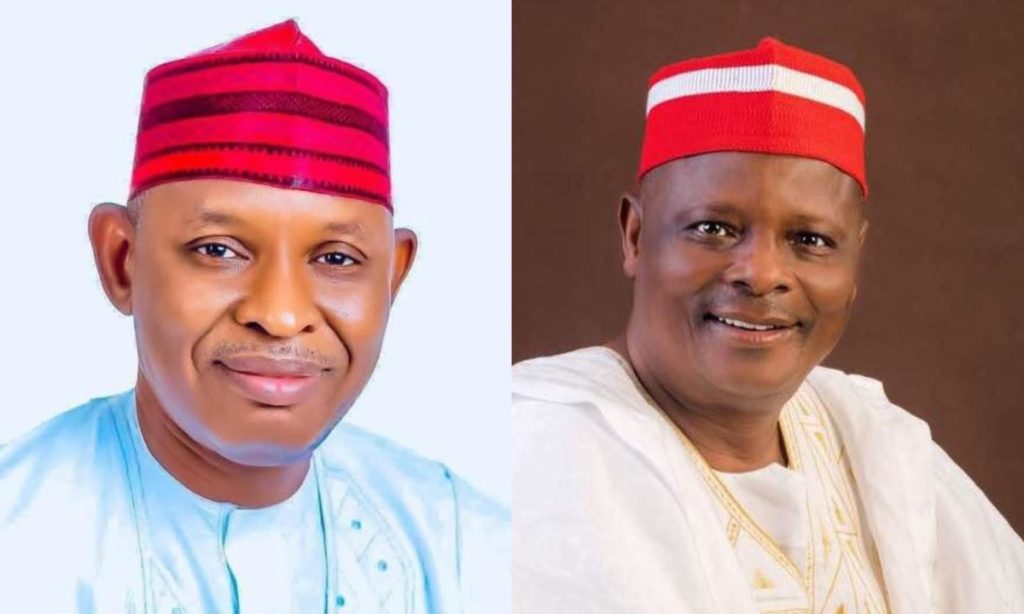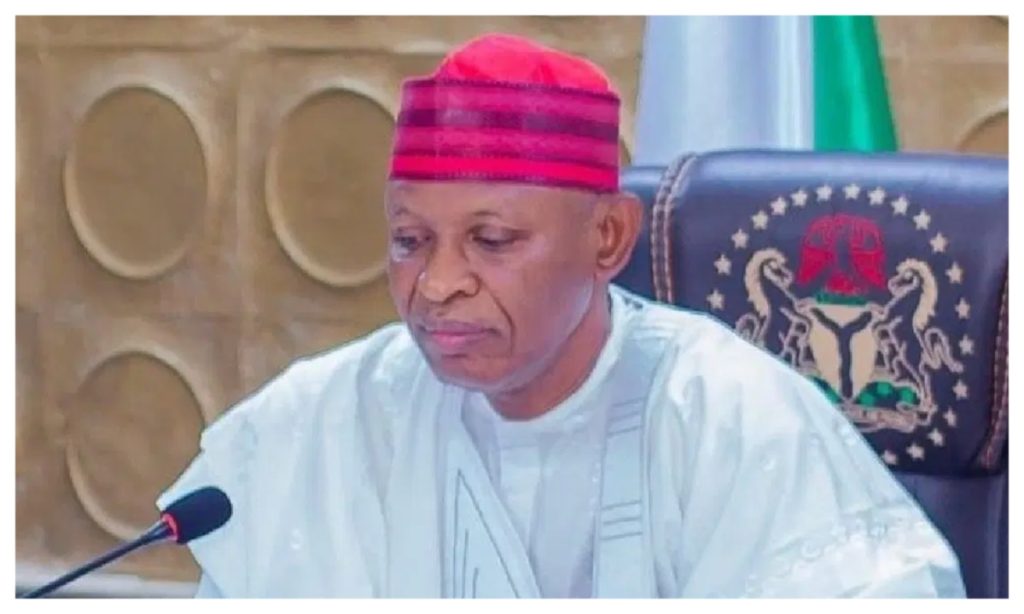The African Democratic Congress (ADC) has expressed disappointment with the Kaduna State Police Command’s handling of the violent disruption of its inauguration in Kaduna. According to the party, its members were attacked by armed thugs, and the police response has been inadequate.
The ADC National Publicity Secretary, Bolaji Abdullahi, stated that the party had pre-booked the venue for its meeting, as required. However, the police claim that the gathering was “unauthorised”. Abdullahi argued that, in a democracy, the right to assemble peacefully is guaranteed by the Constitution, and a police notification is merely a matter of procedure, not a prerequisite for exercising this right.
The police statement linked the ADC to “political gangsters” and announced an investigation into the alleged violence. Abdullahi criticised this approach, saying that investigations should establish facts before conclusions are drawn, and that the police should not act as both judge and jury. This, he said, undermines justice and democracy.
The Kaduna police command has also suspended all “unauthorised gatherings” in the state, a move that the ADC sees as an overreach of authority. Abdullahi argued that security agencies should protect lawful assemblies, not proscribe them, and that giving the police the power to decide which meetings can take place is equivalent to handing them veto power over democracy itself.
The ADC has rejected any attempts to link it to the violent acts that occurred during its inauguration, stating that it remains committed to peaceful, issue-based politics. The party has called on the police command to review its statement, conduct a transparent investigation, and explain why its officers were not present to prevent the attack on ADC leaders and members.
The incident has raised concerns about the ability of opposition parties to operate freely in Kaduna State, and the role of the police in maintaining law and order. The ADC’s experience may have implications for the wider political landscape in Nigeria, where the ability of parties to assemble and express themselves is a fundamental aspect of democratic governance.



